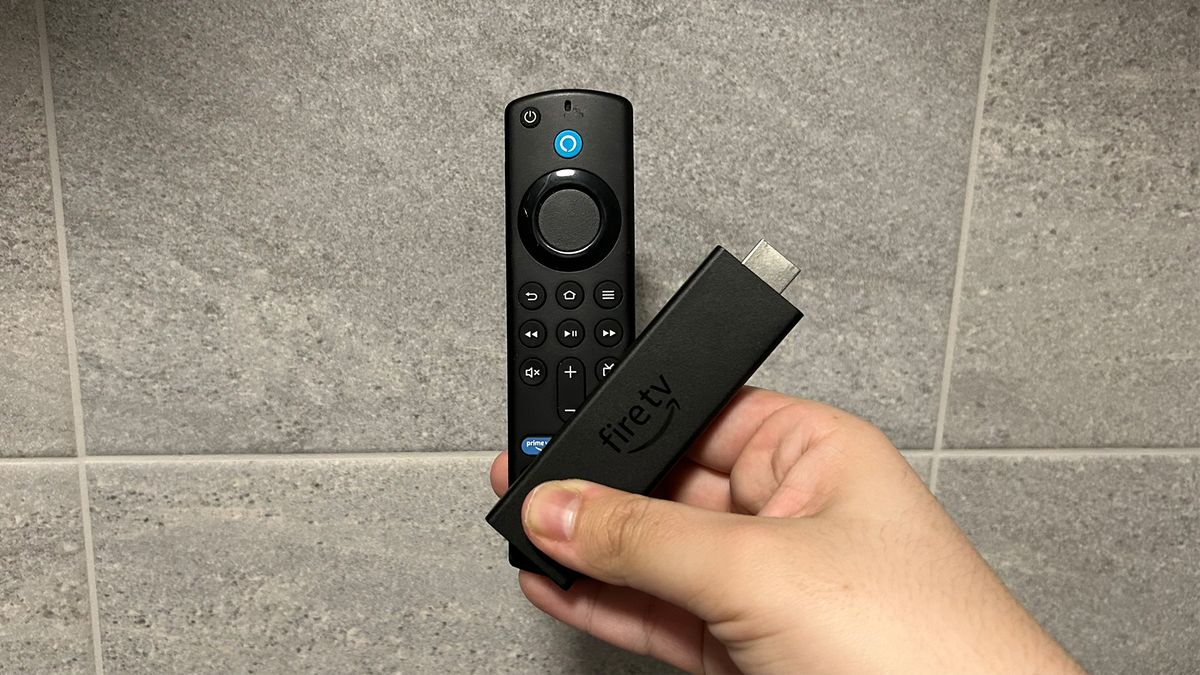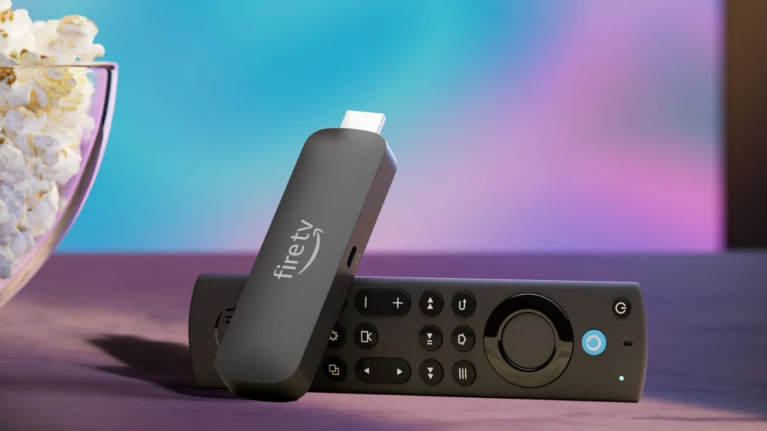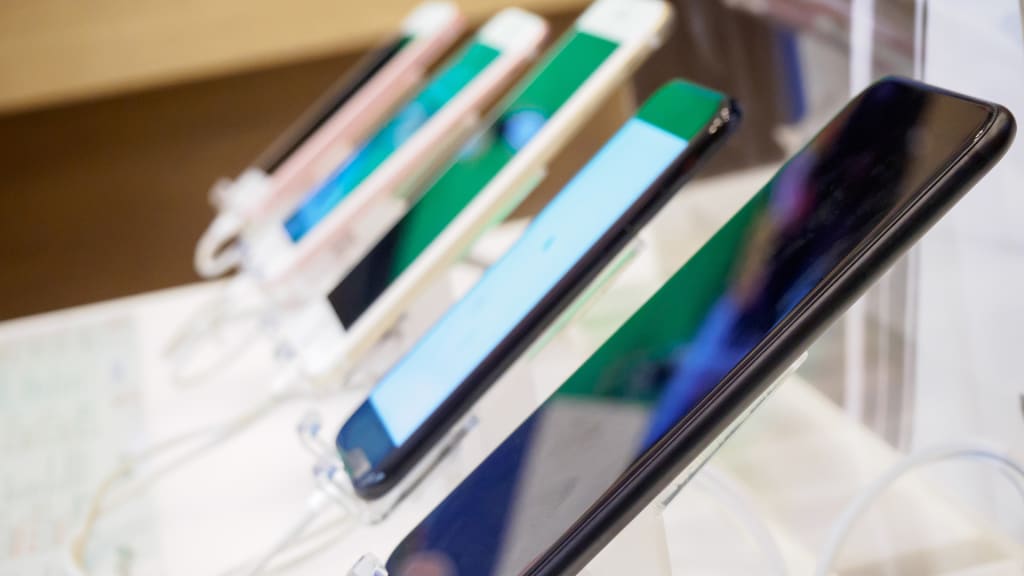Amazon moves to shut down piracy apps on Fire TV Stick

Device-level crackdown on illegal streaming
Amazon is rolling out a device-level crackdown on piracy apps running on its popular Fire TV Stick, in a move that could reshape the grey market for cut-price sports and movie streaming. The company says it is now blocking apps that enable illegal streams on both newly sold and existing devices, starting in France and Germany before a wider global rollout. That means many third-party applications users “side-load” onto Fire TV hardware, bypassing official app stores, will simply stop working when the new controls arrive. Sports leagues and rights holders, who have long complained that Fire TV was a convenient gateway to pirated matches and pay-TV channels, have welcomed the shift.
For years, hacked Fire TV Sticks pre-loaded with piracy apps have been openly traded online and, in some markets, sold in physical shops as a way to access premium live sports for a fraction of the legal subscription price. Users typically relied on anonymous internet TV feeds and unlicensed aggregators, often pairing them with virtual private networks to disguise their location or avoid blocks. Amazon’s new system goes deeper than previous measures, targeting the apps themselves at the operating-system level rather than just policing its app store. Company briefings suggest the goal is to neutralise the workarounds that allowed piracy services to flourish on the platform despite earlier enforcement efforts.

Impact on users, sellers and the wider streaming battle
The clampdown is likely to have immediate consequences for viewers who built their watching habits around illicit streams. In Europe and elsewhere, some cord-cutters shifted entirely to Fire TV-based piracy rather than juggling multiple legal subscriptions, especially for fragmented football broadcasting rights. Once blocked apps stop functioning, these users may be forced back toward official services or into a new round of cat-and-mouse with different hardware, apps and tools. Sellers of “fully loaded” sticks, who advertise through social platforms and encrypted messaging channels, also face a hit to their business model as their main selling point disappears overnight.
At the same time, the move raises questions about how much control major tech platforms should have over devices that consumers have already purchased. Digital rights advocates argue that while combating piracy is legitimate, blanket blocks on side-loaded apps could set a precedent for more intrusive gatekeeping over what users can install and how they tweak their gadgets. Amazon counters that its focus is narrow and tied to clear legal violations, not general tinkering or alternative app stores, and that it has faced increasing pressure from rights holders and regulators to prove it is not turning a blind eye to hardware that fuels copyright abuse.
Streaming competitors will be watching closely to see whether the crackdown nudges more viewers toward paid services or simply pushes piracy to other dongles, set-top boxes and unofficial platforms. With sports rights fees still climbing and fans frustrated by subscription bloat, the tension between affordability and enforcement is unlikely to disappear. Amazon’s latest move suggests that, at least on its own hardware, the company is betting that tighter control and closer cooperation with rights holders now will be better than living with a reputation as the pirates’ favourite stick.






















